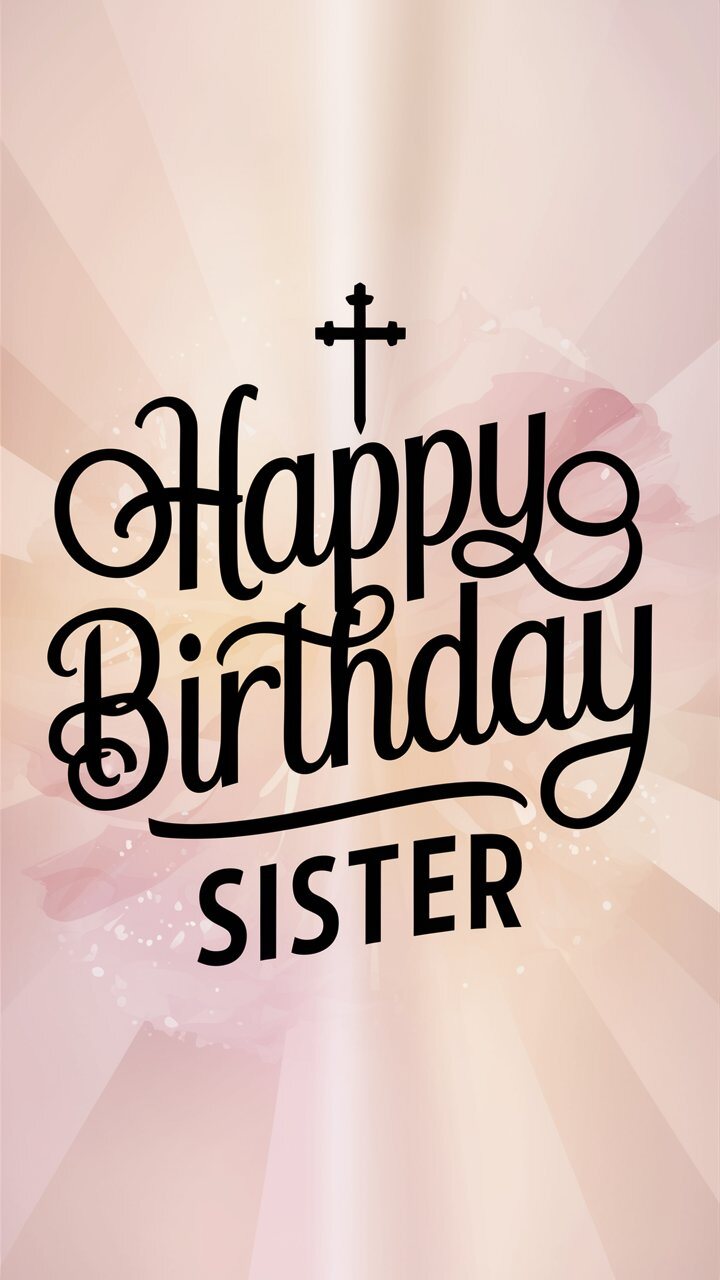The journey to find the perfect life partner is often akin to a roller-coaster ride. Navigating through the highs and lows of love marriages and arranged marriages can seem daunting, but understanding the benefits of arranged marriage can help you make an informed decision.
Let's take a look at the advantages of arranged marriage over love marriage and explore the role of family, religion, and the pros and cons of each.
The Role of Family in Arranged Marriages
When it comes to an arranged marriage, family plays a major role. Cultural expectations, financial security, and social status are some of the factors that are considered by families. Arranged marriages involve families making important decisions, such as who to marry and how to arrange the marriage.
Families have the power to ensure that their loved ones are provided with a secure and supportive environment that allows them to thrive in their marriage. Arranged marriages provide a sense of freedom to those who are looking for liberation from traditional social norms.
Benefits of Arranged Marriages
You can reap many benefits from an arranged marriage, such as emotional security and financial stability.
It can also provide a chance to meet someone compatible with your cultural expectations.
Moreover, it offers a sense of protection from social pressures, allowing you to live your life according to your family's wishes.
Arranged marriages can bring many long-term advantages, such as a strong, fulfilling relationship and support from both families.
Challenges of Love Marriages
Love marriages can come with their share of challenges, such as difficulty in gaining acceptance from families and societal pressures. Open-mindedness and strong communication skills can help navigate these issues.
But even the most liberated couples may face judgement and criticism. Building a strong support network and tapping into available resources is essential to strengthen the relationship against outside forces.
A focus on mutual respect, trust, and understanding can also help couples weather any storms that come their way.
The Role of Religion in Arranged Marriages
Religiously, arranged marriages can be a significant factor when considering marriage. Cultural expectations and social pressure to marry within a religious context can be a driving force in many families.
While some couples look for their own spiritual connection and others struggle to make sense of their faith, there are those who find solace and security in a traditional arranged marriage.
Marrying within a faith-based family can bring comfort to those who may feel overwhelmed by the idea of love marriage. It can also provide a sense of belonging and identity in a culture that values family and faith.
Pros and Cons of Arranged Marriages
You may find yourself considering the pros and cons of an arranged marriage, as it can provide stability and security in uncertain times.
Arranged marriages can bring many advantages, such as:
- Intercultural unions that broaden horizons and enrich lives.
- Financial security, as families often come together to provide for one another.
- A sense of belonging and support, as families can provide a sense of community.
Ultimately, an arranged marriage can provide an opportunity to create a life-long bond with someone special.
Frequently Asked Questions
Are There Any Legal Implications to Arranged Marriages?
Yes, there are legal implications to arranged marriages. Financial stability and social expectations are major factors that affect legal decisions. You have the power to choose, but should be aware of the potential consequences. Explore all your options and take control of your own destiny.
What Is the Average Age for People Entering Into Arranged Marriages?
You, curious about age in arranged marriage? Family dynamics, religious beliefs shape the average age: typically 18–23. Still, much liberation exists in deciding when to marry. Consider wisely!
How Common Are Arranged Marriages in Different Cultural Contexts?
Arranged marriages are common in many cultures, influenced by family dynamics and social expectations. You can explore the differences between them to make informed choices regarding your own life. Respect traditions, but also seek liberation.
How Does Education Affect the Decision to Enter an Arranged Marriage?
Education affects the decision to enter an arranged marriage through intergenerational communication and family dynamics. You can develop a better understanding of the nuances of arranged marriage and decide for yourself if it is the right choice. Empower yourself to make informed decisions.
How Do Arranged Marriages Differ From Forced Marriages?
You, liberated one, differ arranged from forced marriages in family dynamics and interfaith unions. Arranged marriages are consensual, whereas forced marriages are imposed, with no choice or autonomy involved.
Conclusion
When it comes to marriage, there's no one-size-fits-all approach.
Arranged marriages can be beneficial in that they involve the support of family and religion, but they also come with their own set of challenges.
While love marriages offer more autonomy, they can be more difficult to navigate.
Ultimately, the decision comes down to personal preference and the ability to handle the unique advantages and disadvantages of each option.







